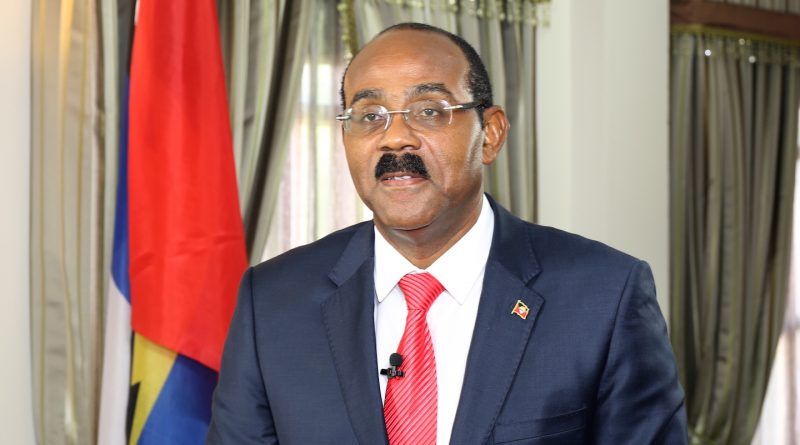Legislation before EU Parliament threatens viability of region’s CIP programmes, says Browne – but Lovell says not yet
Antigua and Barbuda and other regional countries that sell their passports have been given an ultimatum by the European Union (EU): Shut down the programmes or risk losing visa-free access to certain countries on the continent.
This information was revealed by Prime Minister Gaston Browne on Saturday, March 12.
Browne says the EU Parliament has tabled and passed legislation that gives countries the choice of doing away with their CIP programmes in order to keep visa-free access to the Schengen (pronounced Sheng-en) area, or continuing the programmes and losing such access.
The Schengen area comprises 26 European countries that have officially abolished all passports and other types of control at their mutual borders.
If free access to this region is removed, Browne says, it will undermine the viability of the CIP, since many people take advantage of the programme specifically to enter this area.
But Harold Lovell, Political Leader of the United Progressive Party, says the legislation before the EU Parliament is directed at the 13 European member-states that offer Citizenship by Investment (CBI) programmes.
“The principal point of the Bill is to prevent persons becoming citizens and residents of Europe through the back door,” Lovell says. “No doubt pressure will be put on us, as well, but that is not what the Bill is about.”
As Minister of Finance at the time, it was Lovell who piloted the local Citizenship by Investment Act through Parliament.
Antigua and Barbuda lost visa-free access to Canada in June 2017 and, consequently, lost millions of dollars, as well. Browne admits that this was because of our CIP programme.
Should the larger countries be successful in undermining regional CIP programmes, it will create significant problems for the OECS Currency Union, Browne says.
He says that 10 or 15 percent of Antigua and Barbuda’s revenues come from the CIP, while other countries derive about 50 percent of their revenues from the programmes and, thus, will feel more of an impact.
Browne says the United States has been working with the EU to stop visa-free access to the Schengen area. He claims that this has prompted him to write to officials on both continents, outlining the damage being inflicted on this region’s CIP programmes and their economies overall.
He asserts that rigorous due diligence is conducted when the local Unit receives applications, including obtaining clearance from Interpol and a review of the applicants’ financial background.
Therefore, he says, the regional CIP programmes do not pose the types of risk being alleged by the larger nations.
However, several of the programmes – including Antigua and Barbuda’s – have earned a bad reputation because of the type of persons granted the travel document, some of whom have turned out to be criminal elements.




